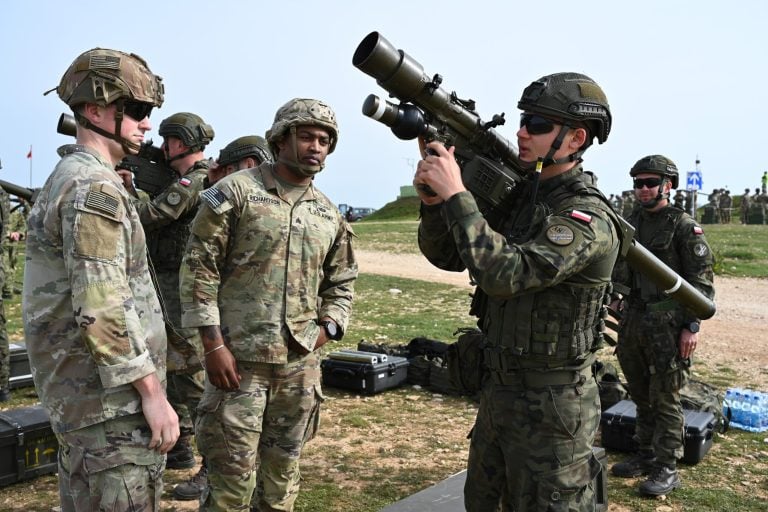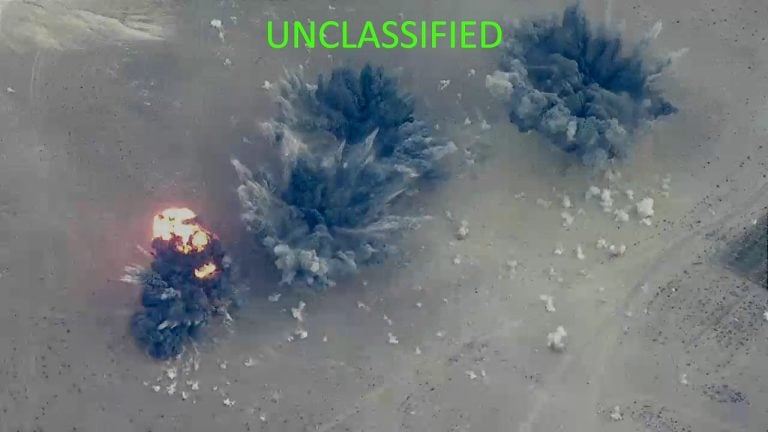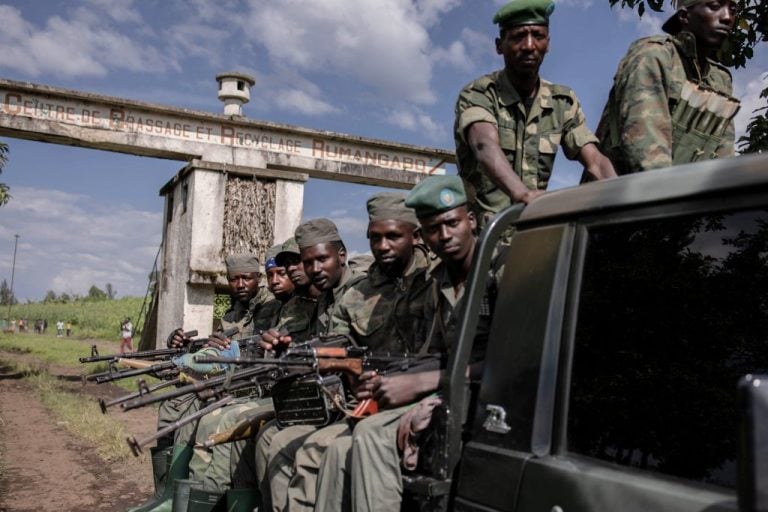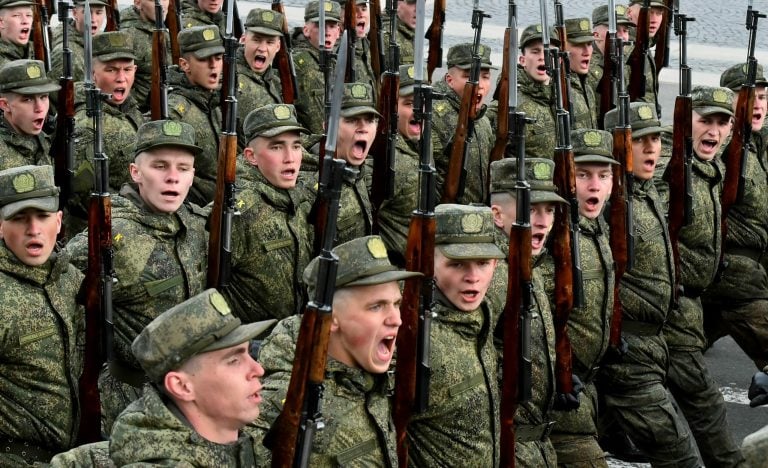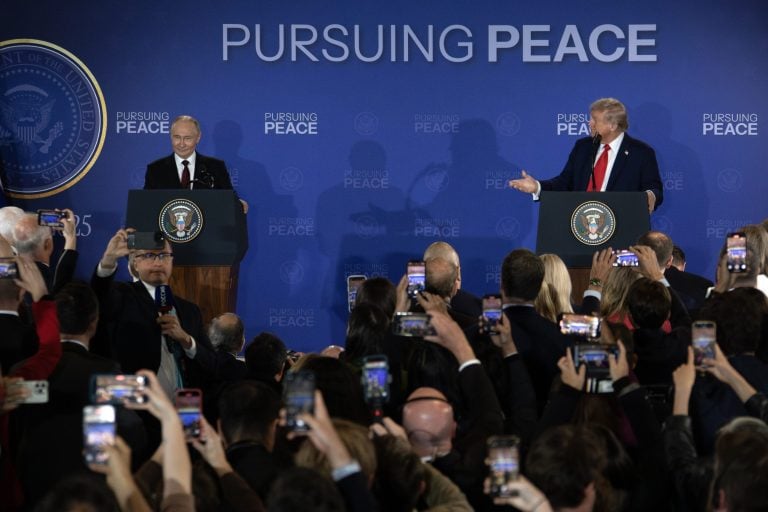In a significant development for the ongoing situation in Syria, Mazloum Abdi, the leader of the Syrian Democratic Forces (SDF), has announced a “preliminary agreement” with the Syrian government regarding the integration of his troops into the country’s military and security structures. This announcement came during an interview with AFP, following Abdi’s meeting with Syrian interim President Ahmed al-Sharaa in Damascus last week, which included discussions with U.S. envoy Tom Barrack and U.S. military commander Brad Cooper.
The SDF controls a substantial portion of Syria’s oil-rich northeastern region, having previously agreed in March to merge civil and military institutions with the new Syrian authorities. However, the implementation of this agreement had stalled until now. Abdi stated that the recent discussions indicated a “shared determination and strong will” to expedite the realization of the agreement’s terms.
Central to the new discussions was the mechanism for incorporating the SDF and Kurdish Internal Security Forces into the defense and interior ministries of Syria. The combined force comprises approximately 100,000 fighters and is known for its key role in the campaign against the Islamic State group, which culminated in the jihadist organization’s territorial defeat in 2019.
Currently, military and security delegations from the SDF are in Damascus to finalize the integration framework. Nevertheless, some points of contention remain, particularly concerning the governance structure of a future Syria. Abdi emphasized the necessity for a decentralized system, which has yet to be agreed upon. He reiterated their commitment to Syria’s territorial integrity and the fight against terrorism, and expressed optimism that these foundational principles would guide them toward a lasting agreement.
During his latest meeting with Sharaa, Abdi brought up the need for amendments to the constitutional framework, specifically to ensure the rights of the Kurdish people are enshrined within the constitution. He noted a “positive response” from the Syrian leadership on this matter, which he hopes will be addressed promptly.
Abdi extended his thanks to the United States and France for their role in facilitating negotiations with Damascus. He also acknowledged the potential influence of Turkey, a historical opponent of the SDF. Both countries have a vested interest in the success of these discussions, and Abdi conveyed hope that Turkey would contribute positively to the negotiation process.
On the topic of the region’s extensive fossil fuel reserves, Abdi clarified that while discussions about oil have not yet taken place, they are expected to arise in forthcoming meetings. He emphasized that oil and other natural resources in northeastern Syria should be considered a shared asset, deserving fair distribution across all Syrian provinces.

